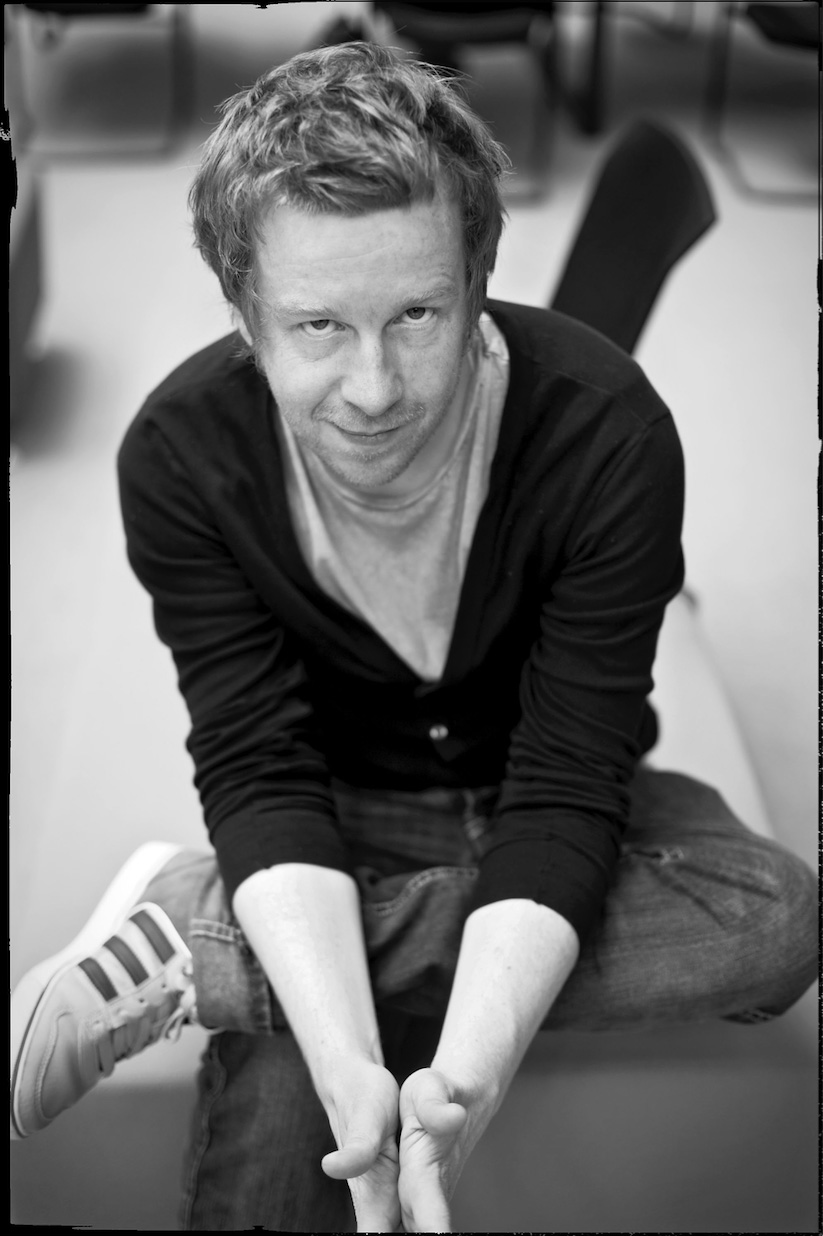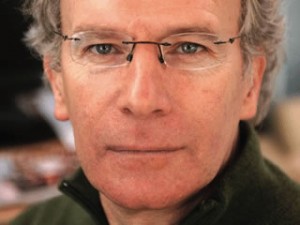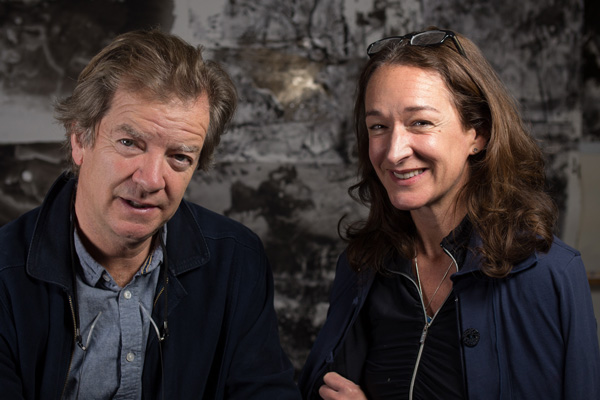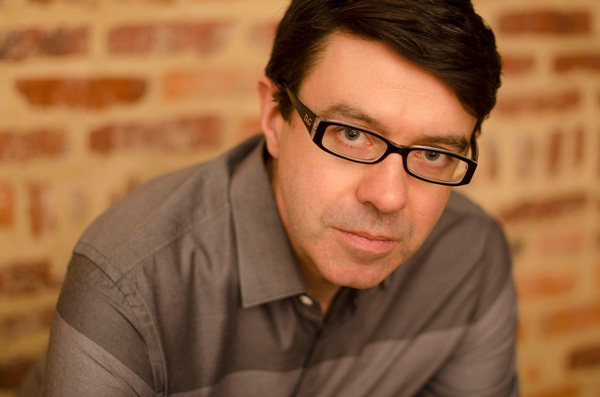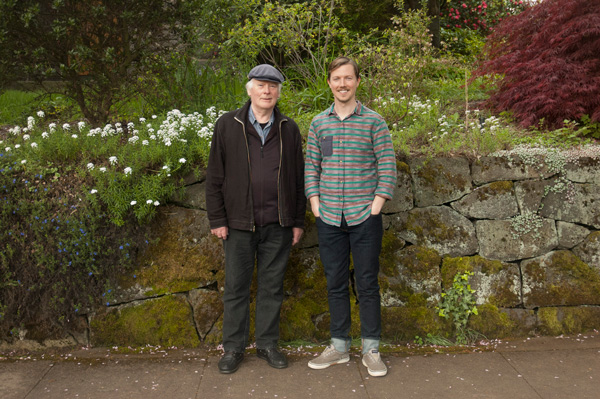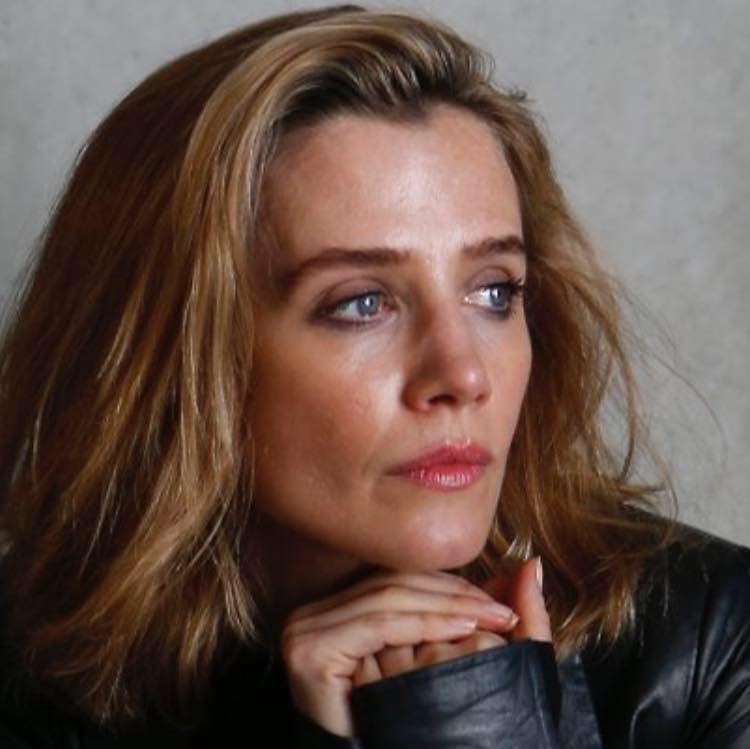Author Kevin Barry will read from his novel Beatlebone on Friday, April 28 at 4:30 p.m. at the Lewis Center for the Arts’ James M. Stewart ’32 Theater, 185 Nassau Street. The reading, which is free and open to the public, concludes the 2016-2017 Fund for Irish Studies series at Princeton University.
Kevin Barry’s second novel, Beatlebone, follows a fictional John Lennon as he travels in 1978 to Dorninish, his small private island located off the west coast of Ireland. Legendary Beatles musician John Lennon actually purchased this uninhabited property, known as “Beatle Island” or “Hippie Island,” and owned it until his death in 1980. Yoko Ono, Lennon’s wife, eventually sold the property in 1984.
Beatlebone consists of Lennon’s conversations and adventures with his driver, Cornelius O’Grady, as the pair avoids pitfalls with the weather and the media to deliver Lennon to Dorninish. The Guardian calls the novel “a lyrical exploration of love, fate and death.” Regarding Barry’s writing, The New York Times praises his “razor-sharp prose, powerful poetics and a dramatist’s approach to dialogue unencumbered by punctuation.”Kevin Barry’s second novel, Beatlebone, follows a fictional John Lennon as he travels in 1978 to Dorninish, his small private island located off the west coast of Ireland. Legendary Beatles musician John Lennon actually purchased this uninhabited property, known as “Beatle Island” or “Hippie Island,” and owned it until his death in 1980. Yoko Ono, Lennon’s wife, eventually sold the property in 1984.
In addition to Beatlebone, Kevin Barry is the author of the novel City Of Bohane and the story collections Dark Lies The Island and There Are Little Kingdoms. His awards include the Author’s Club First Novel Award and the prestigious IMPAC Dublin City Literary Award for City of Bohane, the Sunday Times EFG Short Story Prize, the European Union Prize for Literature, and the Goldsmiths Prize. In 2016, he received a Lannan Foundation Literary Award. Barry’s stories and essays have appeared in The New Yorker, Granta, the Stinging Fly, Best European Fiction, and many other journals and anthologies around the world. He also works as a screenwriter and a playwright.

